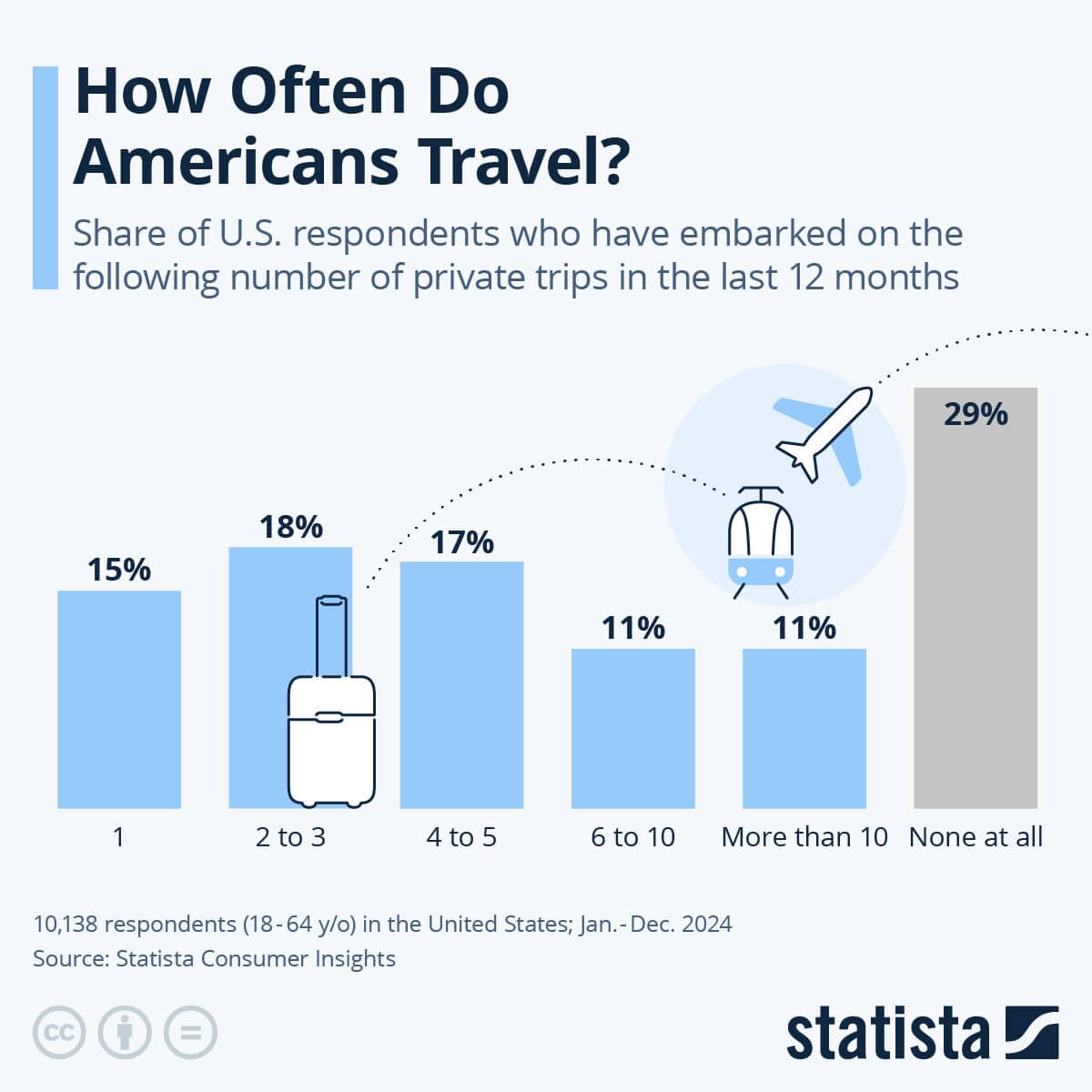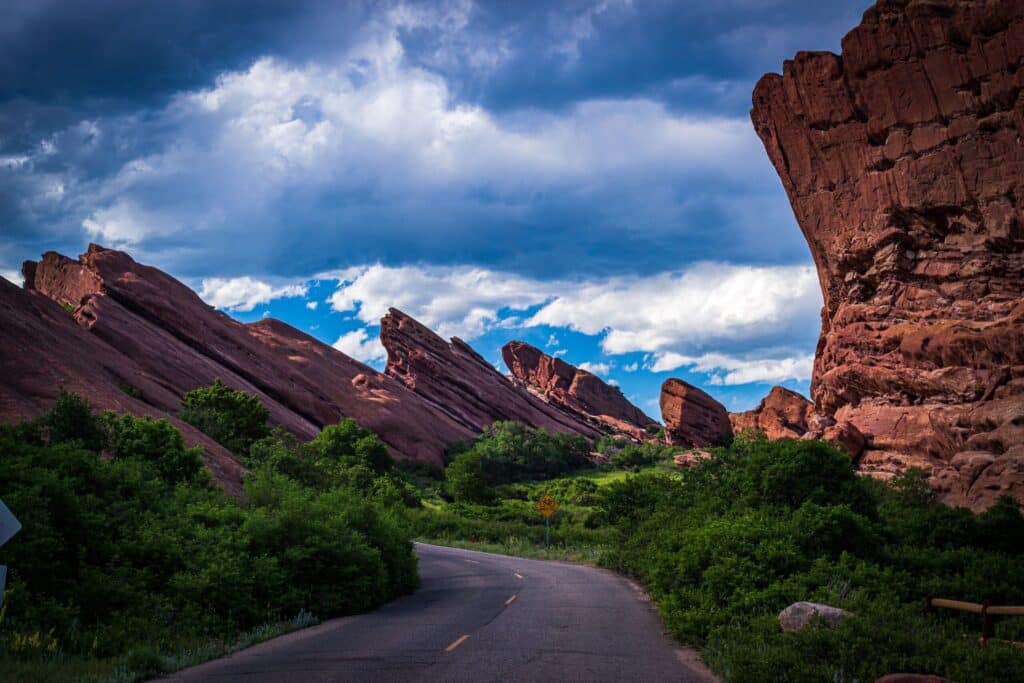TL;DR – Listen to the article post:
My father grew up on a potato farm in Idaho. He was the 2nd oldest in his family, and his father passed away of a heart attack when he was 10 years old, leaving my grandma to be a single mother of 6 kids under the age of 12. I remember him telling me that he has very little memories of his dad, and most of them are of him working. As a result, my dad made it his mission to make memories with my siblings and me. Growing up, whenever we had a break from school, my dad took work off so we could go somewhere as a family.
Spring break consisted of a local state park called Goblin Valley, and Fall break rotated around the local National Parks in Utah and Idaho. Many times as a kid I was frustrated that Dad was taking me away from my friends. I had FOMO based on the belief that my friends were having the best time without me while I was forced to enjoy the likes of Zion’s, Arches, Canyonlands, Bryce Canyon, Capitol Reef, and Yellowstone. Thankfully as an adult I have come to appreciate all the memories and realized that my friends were probably just sitting around watching television during their breaks.
These trips as a kid have instilled in me a love of travel and experiences as an adult. My wife and I will complete 10 years of marriage in November, and during that time we have visited Disney World/Land 8 times, Hawaii 4 times, Boston 3 times, Cancun twice, South Carolina, Arkansas, California, the Philippines, 4 countries in Europe, and made a cross country road trip all the way from Utah to New York. I share all of this to highlight that just as much as everyone else, I feel the pressure and sometimes stress to get out and experience the world.
Over the past 50 years the amount of vacations Americans take has tripled. In the 1970s people averaged less than 1 vacation per year, and now people vacation on average three times per year. As Americans we went from spending $25 billion (~$150-180 billion adjusted for inflation), to $1.3 trillion per year on vacations. That’s an 8x increase. We travel three times as often and spend eight times more than we did 50 years ago. Travel has changed from mainly long drives to cross country flights and international excursions.

These increases are due to many different factors, but with the advent of smart phones and social media the pressure to take vacations has never been greater. Despite this, many of us aren’t experiencing the benefits that we hope to receive from our travels. During the last 10-15 years there has been a psychological and cultural phenomenon studied and named “Vacation Guilt”. Vacation guilt is the feeling of anxiety, shame, or unease people experience when they take time off from work — especially for leisure. It’s a psychological and cultural phenomenon where individuals feel they are:
- Letting their team or employer down
- Falling behind on responsibilities
- Appearing lazy or uncommitted
- Being judged by peers or managers for taking a break
According to a study from the Movchan Agency:
- 54% of people work while on vacation. 47% feel guilty for not working during vacation.
- 59% of people struggle to switch off from work while on vacation.
- 63% of people feel anxious if they don’t check their work-related messages while on vacation.
- 86% of people receive relaxation-disrupting calls and messages from colleagues while on vacation.
The same Movchan study found that 70% of people have experienced mental health issues due to overworking. In the past vacations were meant to disconnect and get breaks from work, but it is becoming increasingly harder to do so. People are taking more vacations than ever, but are not seeing the benefits. Smart phones and constant access to the internet have blurred the lines between work and home life.
Adding to this vacation guilt are the financial repercussions. The pressure to keep up with celebrities, influencers, or even friends and neighbors cause many people to spend more on their vacations than they can afford. A survey conducted by Wakefield Research found that 74% of Americans have gone into debt to cover the costs of a vacation, with the average debt being more than $1,100. 30% charged more than $5,000 to their credit cards, 55% of respondents don’t account for vacation spending in their annual budgets, and 66% admit to spending more on a weekly vacation than they do in rent. A week-long vacation can take months for some people to pay off.
So as Americans we are taking more vacations, spending more on those vacations, and getting less out of the vacations than ever before. Knowing that I’m a financial advisor you can probably guess what I’m going to say next. One of the best things we can do to avoid these pitfalls is to be more intentional when it comes to our vacation time. Planning financially and saving for your trips in advance solves many of the problems we are experiencing as a country.
Having an emergency fund, a healthy savings rate, and being on track for retirement gives you the financial peace of mind that you can take the vacation without worrying where the money will come from. It affords you the ability to disconnect from work and emails, because you aren’t as worried about the lack of production your practice is getting while you’re away.
Now, if you aren’t there yet with all your financial goals this doesn’t mean you shouldn’t travel. But you should certainly save for your trips before you take them. If your savings rate isn’t at a healthy place, you might have to make some trade-offs when it comes to choosing where you stay, what you eat, and what you do when you take a trip. The goal of any vacation is not the trip itself, it should be the people you’re with and the rest you need. For what it’s worth, of all the many amazing places I’ve been, my favorite place in the world is still Goblin Valley. The hidden gem of a local state park where I went on spring break as a kid.




